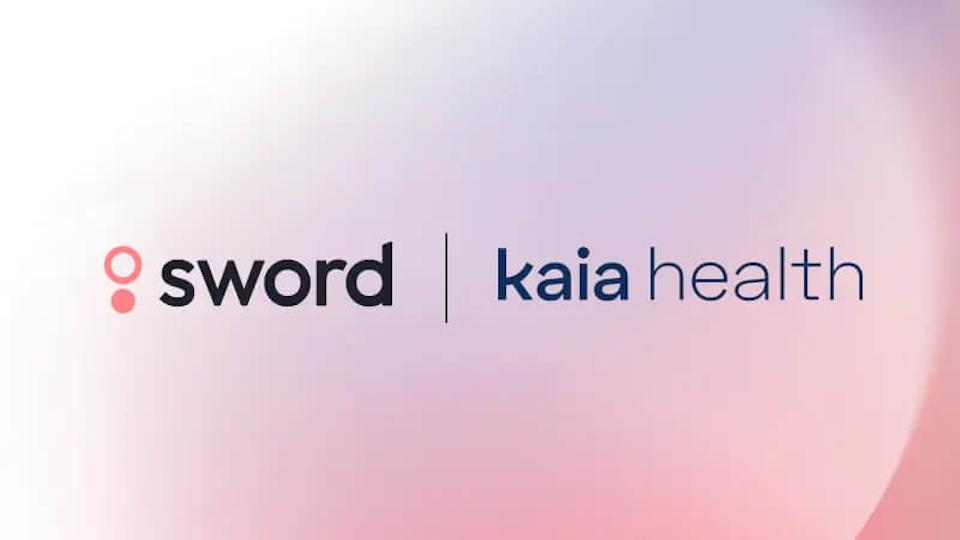NHS digital pilot aims to cut elderly hospital admissions

A digitally-enabled project to cut the number of elderly patients admitted to hospital is to be launched in UK care homes.
The scheme, created through a partnership between the NHS, University of Cumbria and Wirral Council, will see 10 care homes in Wirral adopt a 'tele-triage' system, making use of Apple iPads which will be provided to each home.
The iPads will act as a single point of contact between care home staff and senior nurses whenever a resident falls ill with the ability for nurses to seek a second opinion from specific clinicians if necessary.
“Instead of dialling 111 when a resident falls ill, trained staff will be able to contact a senior nurse at any time of day or night,” said Boo Stone, transformation and commissioning lead for adult care services at Wirral Council. “The iPad’s camera together with information provided by staff who’ll be trained to take blood pressure, oxygen saturation levels and temperature will enable the nurse to help diagnose and recommend treatment.”
A secondary project is also being conducted alongside the tele-triage system to create an app to help care home staff distinguish those residents at risk of falling, allowing preventative actions to be put in place.
“Each home works in a slightly different way and there are a diverse range of assessment tools available,” said Roger Chester, market transformation and contracts lead for Wirral Council. “By offering a simple app which will be compatible with tablet and smartphones we can offer reassurance and support for staff and ensure residents get the best care when they need it.”
The pilot scheme is the latest example of the NHS' push into digitally-enhanced services. Earlier this year, the long-awaited and revamped NHS apps library was launched to provide a resource for NHS-approved mobile apps.
Triaging patients is an important part of the digitisation process as the NHS looks to streamline diagnostic processes and relieve pressure caused by unnecessary GP and hospital appointments. UK-based mobile app developer, Babylon Health, recently got an extra $60 million to develop an AI-driven doctor. A version of its app designed to replace the NHS' non-emergency 111 hotline is currently being trialled across North London.











